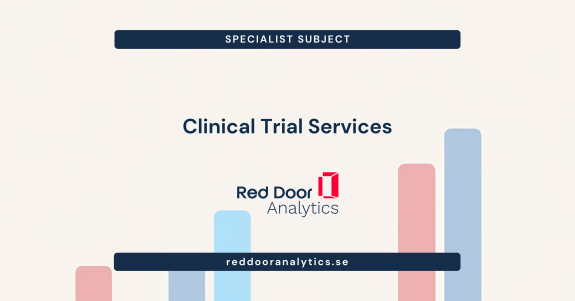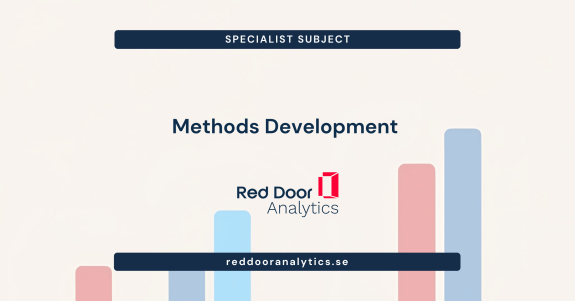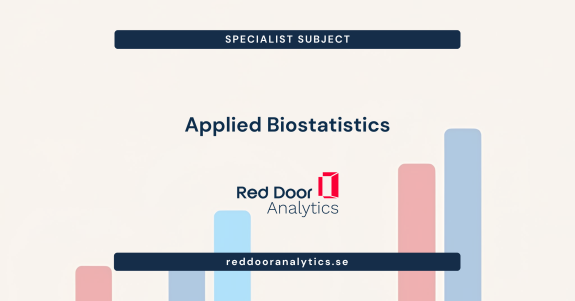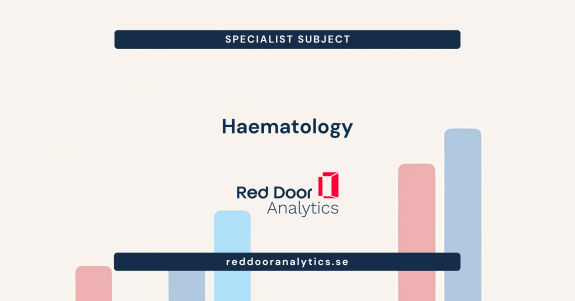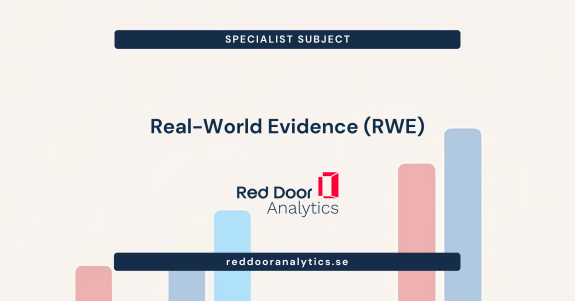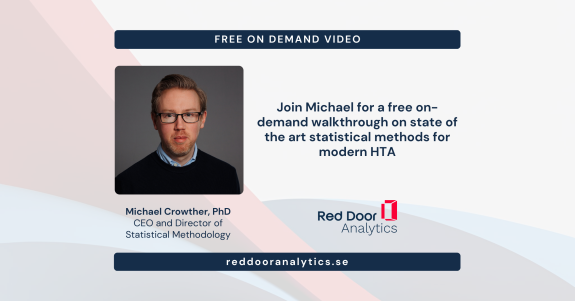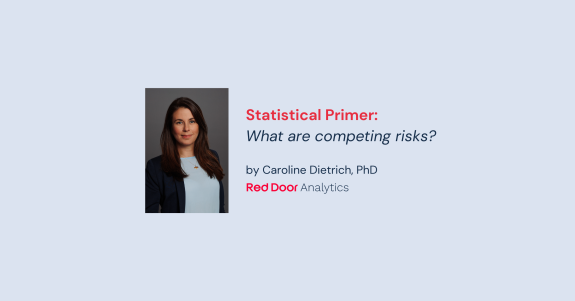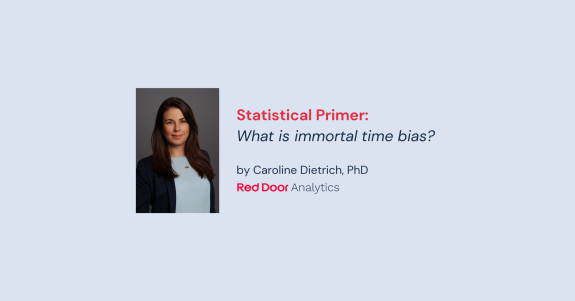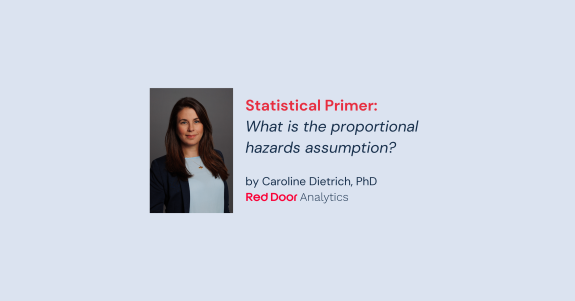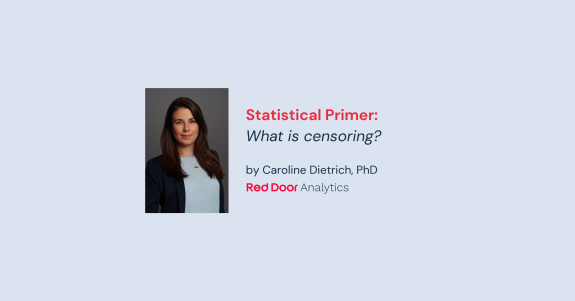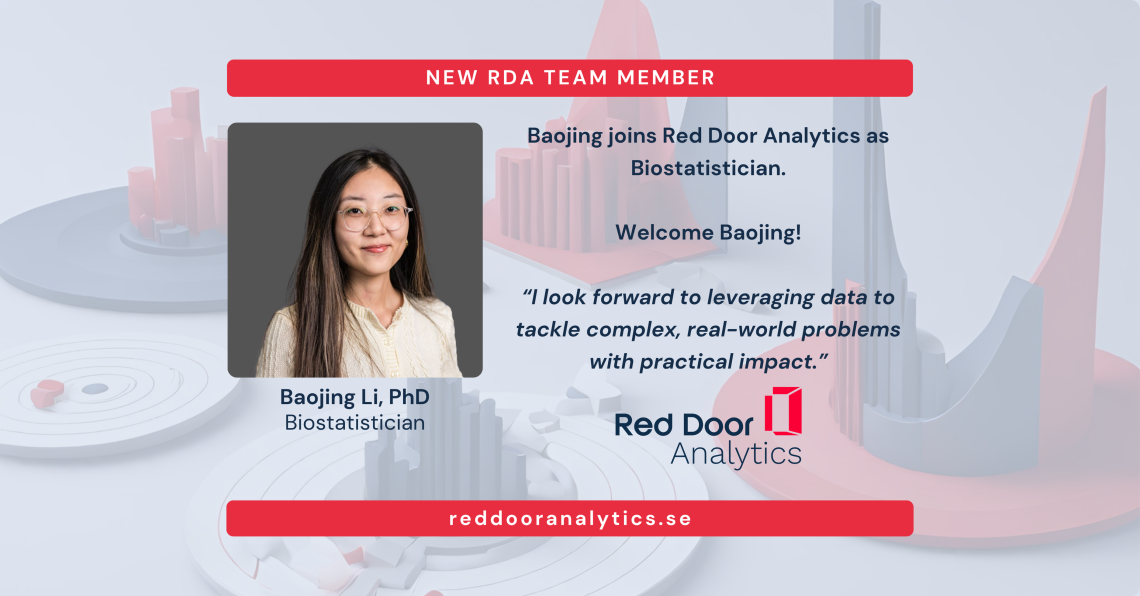
We are excited to introduce our newest team member, Dr Baojing Li, who is joining us as a Biostatistician. Baojing Li is a statistician specialised in register-based research, multigenerational data linkages, and social determinants of health. She has a solid foundation in survival analysis and structural equation modelling. Her research interests include population mental health, life course and multigenerational research.
Three questions to Baojing
What did you work on before you joined Red Door Analytics?
After finishing my master’s degree in 2020 at Karolinska Institutet, I worked there right after as a research assistant. I designed population‑based epidemiological studies, managed and analysed longitudinal register data, and provided statistical expertise within the research group. I became a PhD candidate at Stockholm University in 2021, where I led multigenerational register‑based research to explore social factors and mental health across multiple generations.
Why did you decide to join Red Door Analytics?
I decided to join Red Door Analytics for two key reasons. First, it offered me the opportunity to deepen my interests in statistics, especially in applying advanced methods to real-world data in a rigorous and reproducible way. Second, I was excited by the consulting aspect of the role: by working closely with clients to solve their problems, I could translate complex data into clear insights and actionable strategies. Such a combination allows me to stay grounded in application of statistics while making a tangible impact.
What are you most excited about in your new role at Red Door Analytics?
What excites me most about my new role at Red Door Analytics is the chance to leverage data to tackle complex, real-world problems, and to do so in a way that combines methodological depth with practical impact. I find problem-solving genuinely fun, especially when it involves untangling patterns in large, messy datasets and turning them into meaningful insights. I’m especially looking forward to working on diverse, data-rich projects where I can apply my expertise in statistics and register-based research to continue growing as both a statistician and a strategic thinker.
List of selected publications
- Baojing Li. Misfortune (dis)continues across generations: Multigenerational studies linking socioeconomic and psychosocial disadvantages to psychiatric disorders. PhD dissertation, Department of Public Health Sciences, Stockholm University 2025.
- Baojing Li, Can Liu, Ylva B Almqvist, Lisa Berg. Psychiatric disorders following the clustering of family disadvantages in previous generations: a multigenerational cohort study. Social Psychiatry and Psychiatric Epidemiology 2025.
- Baojing Li, Can Liu, Ylva B Almqvist, Lisa Berg. Disentangling the multigenerational transmissions of socioeconomic disadvantages and mental health problems by gender and across lineages: Findings from the Stockholm Birth Cohort Multigenerational Study. SSM – Population Health 2023; 22 (101357).
- Baojing Li, Peter Allebeck, Bo Burstöm, Anna-Karin Danielsson, Louisa Degenhardt, Terje A Eikemo, Alize Ferrari, Ann Kristin Knudsen, Andreas Lundin, Hélio Manhica, John Newton, Harvey Whiteford, Pär Flodin, Hugo Sjöqvist, Emilie E. Agardh. Educational level and the risk of mental disorders, substance use disorders and self-harm in different age-groups: A cohort study covering 1,6 million subjects in the Stockholm region. International Journal of Methods in Psychiatric Research 2023; 32 (4).

